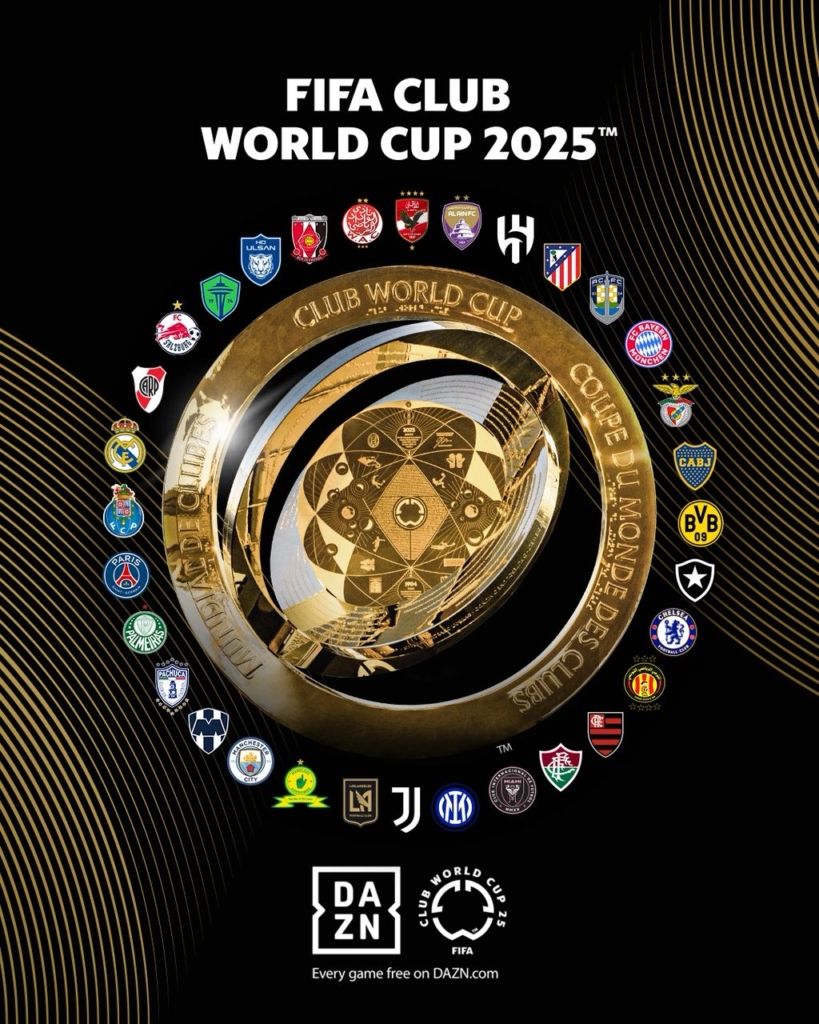As the inaugural edition of the expanded FIFA Club World Cup takes centre stage, football fans across Africa are watching with pride as some of the continent’s finest clubs represent their nations on the global stage.
Yet, for Ghana—a country with one of Africa’s richest football histories—the occasion is marked by silence, frustration, and a painful reality: Hearts of Oak and Asante Kotoko, the country’s most successful and iconic clubs, are nowhere to be found.
This absence is more than just a missed sporting opportunity; it is a national embarrassment.
For decades, Accra Hearts of Oak and Kumasi Asante Kotoko stood tall as the pride of West African football. From conquering the continent in the early 2000s to filling stadiums with passion, flair, and unforgettable rivalries, these two clubs were once Africa’s gold standard. Their names commanded respect far beyond Ghana’s borders. But fast-forward to 2025, and neither club has managed to maintain consistent participation—let alone dominance—on the continental stage.

The newly expanded FIFA Club World Cup presented a historic opportunity for elite African clubs to showcase their strength and legacy to a global audience. Teams like Al Ahly of Egypt, Wydad Casablanca of Morocco, and Mamelodi Sundowns of South Africa have earned their places through steady investment, smart administration, and clear footballing vision. Where are Kotoko and Hearts in this conversation?
They are not just absent; they are forgotten.
The blame is not solely on players or coaches. The rot runs deeper—poor management, political interference, financial mismanagement, and a lack of long-term vision have all contributed to the rapid decline of Ghana’s two biggest clubs. While others are modernising, investing in youth development, infrastructure, and branding, Kotoko and Hearts remain stuck in outdated traditions and boardroom wrangling.
How did two giants become shadows of their former selves?
What makes this situation even more painful is the silence from those in charge. There has been no strategic plan to return either club to its continental glory, no roadmap to reawaken the once-feared Ghanaian football machine. This is not just a crisis of performance; it is a crisis of ambition.
For Ghanaian football to reclaim its rightful place, the revival of Hearts of Oak and Asante Kotoko is non-negotiable. Their return to African prominence should not be optional—it should be urgent.
As fans tune in to watch the Club World Cup unfold without a single Ghanaian club involved, we must stop pretending this is normal. It is shameful. It is unacceptable. And it must be a wake-up call.
If the right changes are not made now, future generations will only read about Kotoko and Hearts in history books—while other African clubs continue to fly their nations’ flags on the world stage.